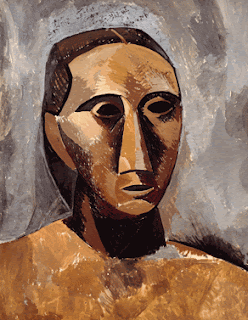 |
| Landesmuseum, Mainz Source: Wikipedia |
Like many museums in Germany, the Landesmuseum in Mainz holds in its collection hundreds of items that once belonged to German-born and foreign-born Jews alike living in and around Mainz.
These works ended up at the Landesmuseum Mainz in part as a result of confiscations orchestrated by Nazi fiscal authorities, especially the “Staatl. Finanzamt Mainz”, in 1941 and 1942 and the transfer of those confiscated cultural objects to the museum.
Nazi authorities did not bother to associate the works with their victims which renders these cultural assets, a direct result of “internal” looting or plunder, as “heirless” or “unidentifiable”, until someone recognizes them and claims them on behalf of their family. Therefore, they are labeled as “Jüdischer Besitz” (Jewish collection). One can find a listing of these items in the Lost Art Internet Database overseen by the Koordinierungsstelle Magdeburg.
For the record, the vast majority of the Jewish population of Mainz was deported “nach dem Osten” by October 1942.
These orphaned works represent a wide range of topics and artistic styles. They consist largely of oil paintings, etchings, aquatints, and drawings.
Here are some of the artists’ names whose works were owned by these unknown Jewish owners, victims of Nazi persecution:
Last but not least: one oddity that is featured on the website of the Landesmuseum Mainz—a 1908 gouache on paper by Pablo Picasso (Frauenkopf/Tête de femme/Head of a woman). In and of itself, it is not an anomaly, but the partial history behind its entry into the Mainz Museum’s collection begs for additional research. It was a gift made by Raymond Schmittlein, former director of educational programs and culture in the French zone of Occupation of Germany, in 1952. A detailed provenance of the work might clarify how Schmittlein came into possession of the object so that one need not worry about its status.
 |
| Head of a woman, Pablo Picasso Source: Landesmuseum, Mainz |